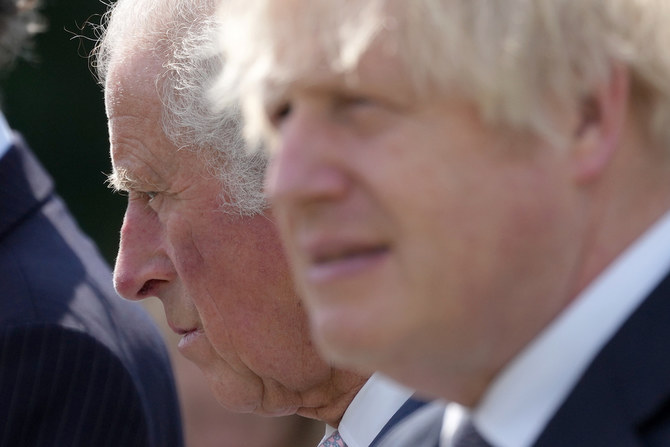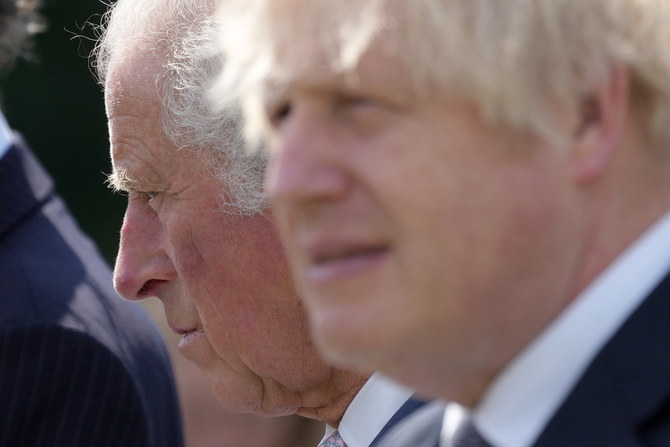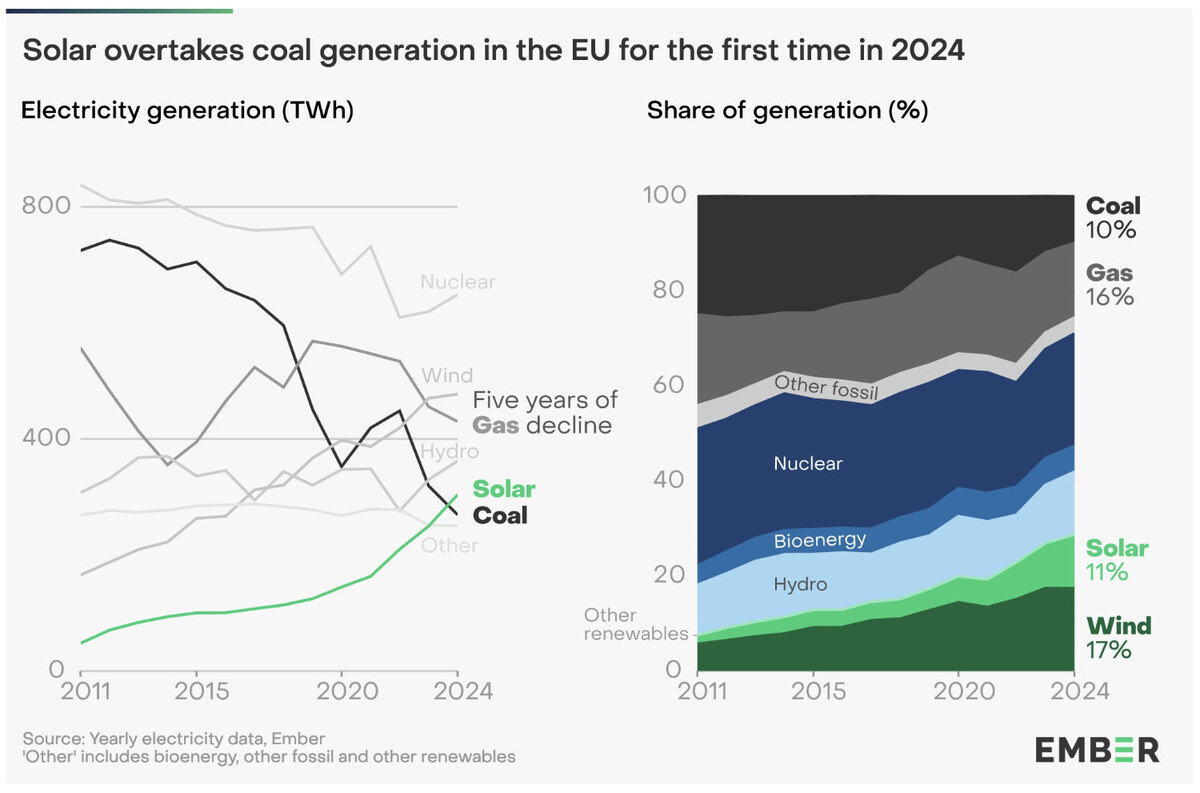LONDON: Former UK Prime Minister Boris Johnson reportedly clashed with Prince Charles last year over the government’s Rwanda deportation policy, MailOnline reported.
Charles, who was crowned king last week, was said to have been “appalled” at the scheme, which involves the removal of migrants who cross the English Channel in small vessels to the African country.
The 15-minute clash reportedly took place in Rwanda in June amid a summit of the Commonwealth countries.
Johnson is said to have warned Charles to avoid interfering in national politics as well as to cancel a plan to deliver a speech on slavery over fears that it could catalyze demands for reparations.
However, the government denied the reports of a row at the time, while associates of Johnson described them as “inaccurate.”
But Guto Harri, former director of communications for Downing Street, claimed on the “Unprecedented” podcast that the former PM “went in quite hard” on Charles over the Rwanda matter.
Harri also wrote in the Mail: “Boris briefed that the two had ‘a good old chinwag’ and had ‘covered a lot of ground.’
“What actually happened was less amicable. ‘I went in quite hard,’ he told me at the time, essentially squaring up to the prince and confronting him about what he — as unelected royalty — had said about the actions of a democratically elected government.
“Prince Charles was busted. He had obviously expressed some criticism, and though he tried to play it down, Boris pointed out the obvious, (saying): “If you didn’t say it, we both know your people could ring the newspapers and kill the story. The fact they haven’t done that says it all’.”
The former communications director added that Johnson’s relationship with the prince had been strained for years as a result of the former London mayor showing up late for a meeting.
But the Rwanda argument proved to be the final straw, Harri said, adding: “Relations never fully recovered and Charles will be relieved that Boris had left No. 10 before he ascended to the throne.”
Charles had long faced controversy over accusations that he was actively interfering in government affairs.
His comments on the Rwanda policy reportedly left government ministers “infuriated,” the Mail reported.
Sources close to Johnson also told the newspaper that Harri’s account of the conversation with Charles was inaccurate: “This account is simply inaccurate and does not reflect the conversation that took place.
“Boris Johnson has had nothing to do with this podcast, had no knowledge of it and deplores any attempt to report such conversations in public.”





























